Like many health care workers, Daniela couldn’t shake the stress, fears, and trauma of watching so many people die. Here’s how CBD supplementation is helping her cope.
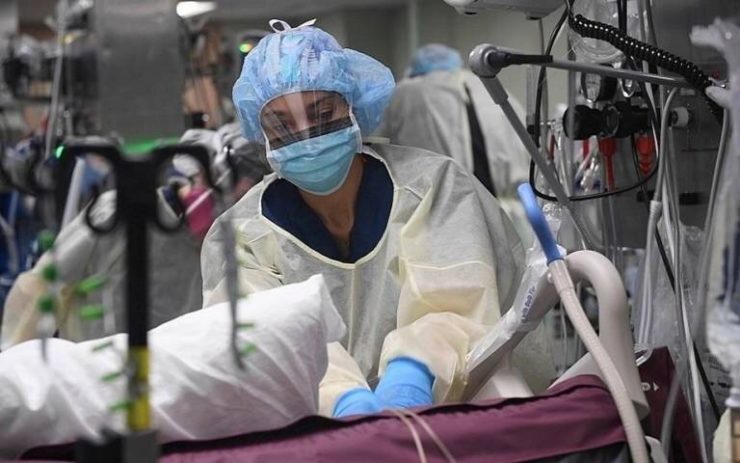
Daniela is an ER nurse who worked on the frontlines in New York City during the peak of the COVID-19 pandemic. Nearly three months later, she has been unable to shake the memories of the overwhelming deaths and demands of the emergency room’s emotional and physical tolls.
Daniela has the most trouble at bedtime. When she closes her eyes to sleep, she relives the trauma of treating and losing patients to COVID-19 over and over again. When she’s lucky and her sleep medication works, she can drift off, but a few hours later she wakes up choking — as if she were in a war zone. Daniela lies in bed in a cold sweat, out of breath, clenching her chest. During the day, she has trouble concentrating. She still works in the ER and feels anxious, stressed, and lives in fear of spreading the disease to family members.
Daniela was diagnosed with PTSD and began seeing a therapist every week. Her psychiatrist prescribed an antidepressant, a benzodiazepine, and a sleep aid. After six months of trial and error, the combination of medications helped with her daily jitteriness and debilitating panic attacks. However, she still felt fear, exhaustion, and isolation.
Daniela’s therapist suggested she try CBD to help ease anxiety and forget the painful memories. But as an ER nurse, she treats patients with drug overdose and substance abuse daily. So when she walked into my clinic, her first words were, “I don’t want to smoke it, I don’t want to get high, and I don’t want to sit on the couch with the munchies.”
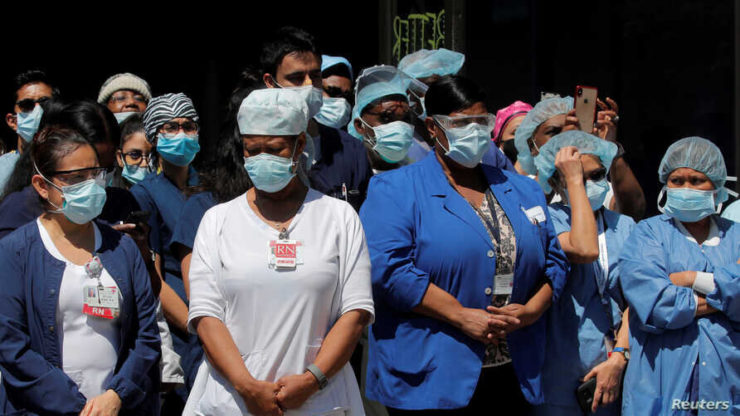
Cannabidiol (CBD) and tetrahydrocannabinol (THC) are the two most abundant natural compounds found in both cannabis and hemp. Cannabis has a higher concentration of THC while hemp has a higher concentration of CBD. Legal hemp must contain 0.3 percent THC or less. Both CBD and THC are sold as gels, gummies, oils, supplements, extracts, vape cartridges, flowers, and more. THC is the primary psychoactive compound in cannabis that produces the high; CBD doesn’t cause any mind-altering euphoria. CBD comes in different formats and I suggested a broad-spectrum product that contains terpenes and cannabinoids but zero THC so she could relieve her stress without the high and won’t have to worry about failing a drug test at the hospital. I also worked closely with Daniela’s psychiatrist and psychotherapist to monitor her progress.
“Statistics show that women suffer twice as much PTSD as men but this goes underreported…”
Although Daniela didn’t want THC, two recent studies indicate she might have benefited from it. According to researchers at New York University and Vanderbilt University, PTSD patients have been shown to have lower levels of the “bliss molecule,” anandamide, compared to people without PTSD.
If you read this blog regularly you’ll know that our brains make their own cannabis molecules (endogenous cannabinoids). Anandamide (named after the Sanskrit word for bliss, ananda) helps temper stress and balance the nervous system, so we do not spiral out of control on high sympathetic overdrive. The endocannabinoid system, or ECS, is a system of receptors that modulates and interfaces with all of the other systems throughout the body. It regulates physical functions, such as movement, pain sensation, and immune responses, and cognitive or mental capacities, like perception, mood, and memory. Anandamide clears painful memories and reduces our stress levels.
How Cannabinoids Enable Forgetting (Not The Same Thing as Memory Loss)
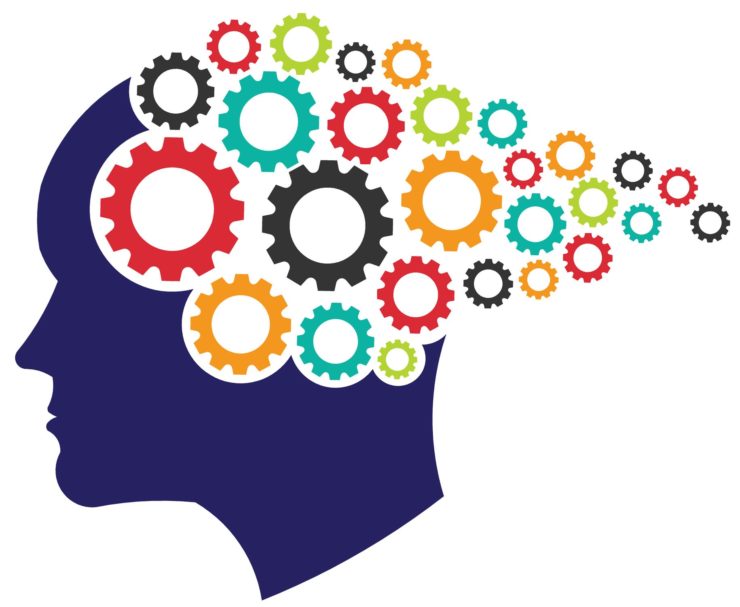
Take, for example, forgetting. Forgetting is a crucial aspect of treating anxiety, stress, and PTSD. Trauma survivors have been found to have problems with the neurotransmitter signaling of serotonin and glutamate. Excessive glutamate signaling will lock in painful fear-related memories. Both THC and CBD can help release these painful memories by facilitating memory extinction and help survivors switch off those traumatic memories.
Here’s how it happens chemically. Cannabinoids mediate the neurotransmitter GABA, which signals to our body that we are safe and directs the body to relax. GABA also helps to reduce anxiety, foster sleep, and relax the muscles. CBD and THC tell the brain to increase the flow of GABA, which creates a calming effect. My patients report it taking the edge off, turning down the volume on anxiety and stress. Once their racing thoughts and the “fight or flight” response tail off, patients say they feel better or “more comfortable in their skin.” They can often quell racing thoughts that paralyze them at work or cause them to lie awake at night.
Women More Prone to PTSD
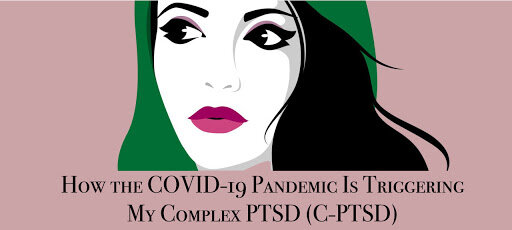
Not only do women and men respond to cannabis differently, but they also react differently to PTSD. Statistics show that women suffer twice as much PTSD as men, but because most trauma research focuses on male combat veterans, this fact is overlooked. According to the National Center for PTSD, around 10% of women have PTSD some time in their lives compared to 4% of men.
Recent neuroscience has also shown that certain lucky people have a genetic variation in the brain that makes them inherently less anxious and more able to forget unpleasant experiences. These “more carefree” folks also have brains that produce higher levels of anandamide, the body’s own THC. Normal endocannabinoid system functioning helps people’s nervous systems reset and recalibrate more quickly after stress exposure. Researchers and clinicians agree that vulnerability to PTSD and stress resilience results from an interaction between ECS, genes, and the environment.
More backing came from researchers from University College London who showed that a single CBD dose helped increase blood flow to the hippocampus. When vessels that supply blood to the brain are clogged or damaged, the result is a decline in cognitive function, memory loss, and difficulty making executive decisions. Mobility and balance get impaired, too. Increasing blood flow to areas of the brain helps maintain cognitive faculties as we age and perhaps increases memory in patients with Alzheimer’s. (The mechanism of action for increased cerebral blood flow on the brain is unclear, and while this study is promising, more research is needed).
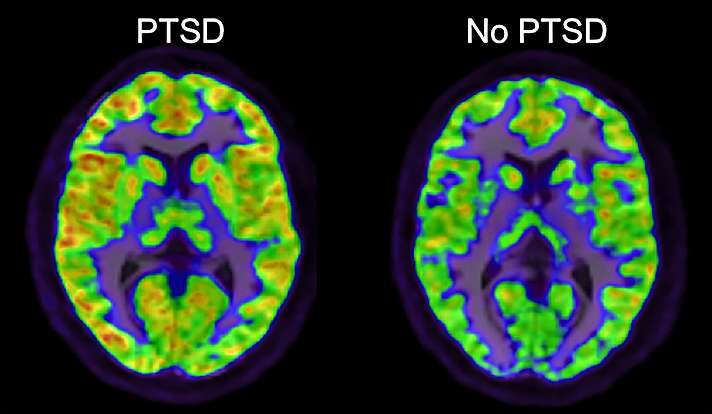
According to the UCL researchers, the hippocampus is like a “flash drive,” meaning it aids in storing and retrieving memories. People who have experienced damage to their hippocampus may have difficulties storing and recalling information. This brain structure (along with the amygdala and prefrontal cortex) also plays a role in the ability to overcome fear responses. Traumatic stress can be associated with lasting changes in these brain areas.
It’s important to mention that many people with PTSD, anxiety and Alzheimer’s might be on prescription medication or antidepressants. If you supplement with cannabinoids be sure to discuss with your doctor as they can interact with these meds and amplify their effects. Be sure not to over-consuming one or the other. If the doctor increases your Zoloft, that doesn’t mean you should up your cannabis intake.
As for Daniela…after the first month of CBD supplementation, her therapist reported that she seemed less anxious, more clear-headed, and their sessions were more productive. She also noticed an improvement in the quality of her sleep and mood. She’s on the road to recovery.
